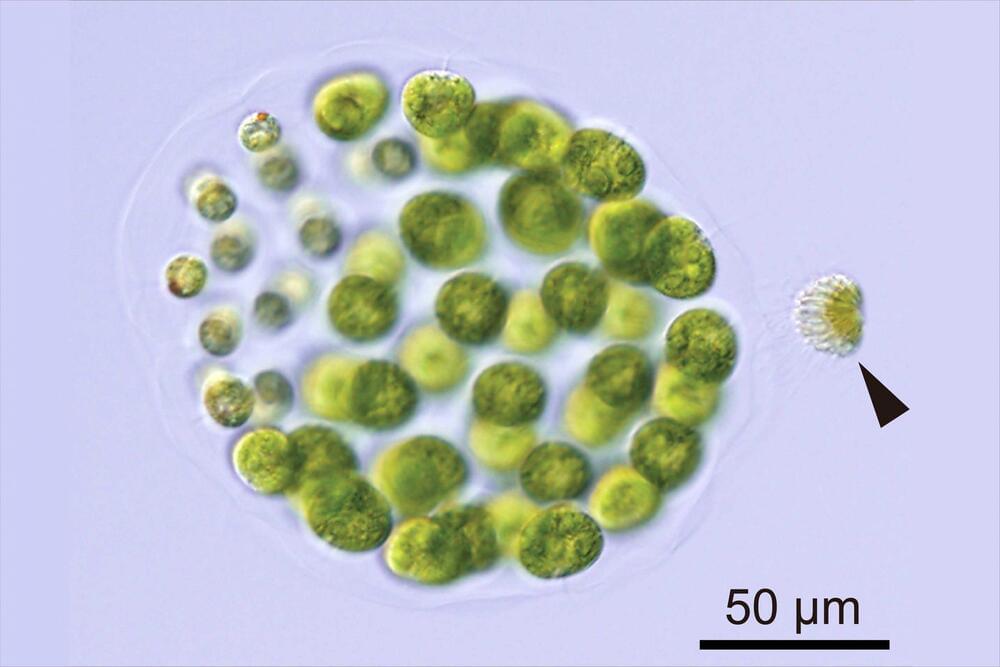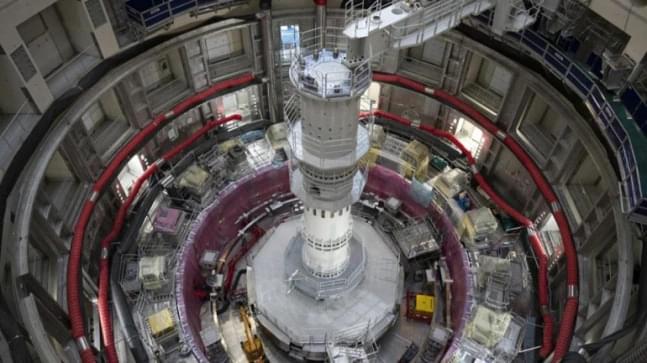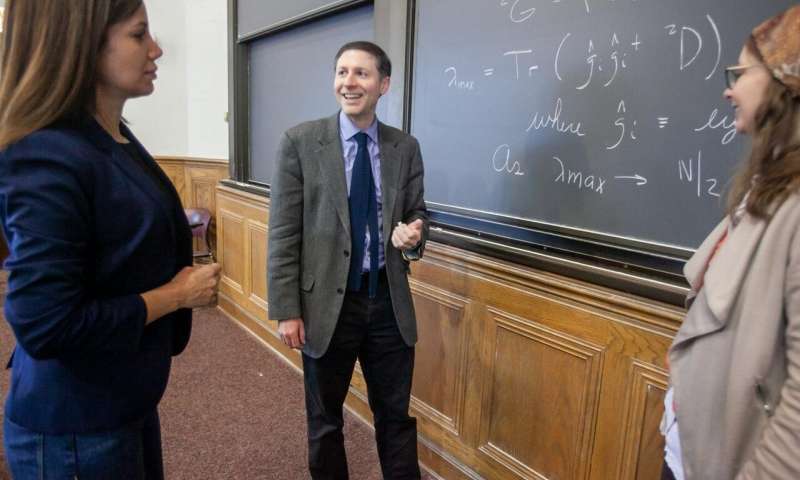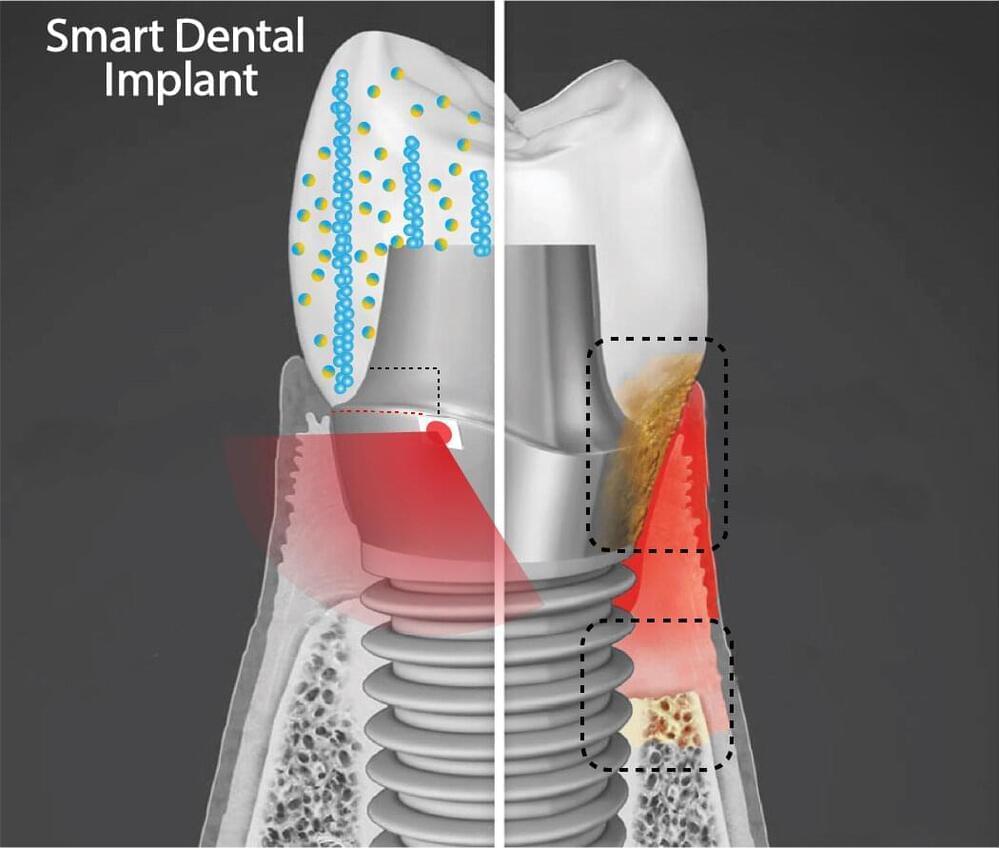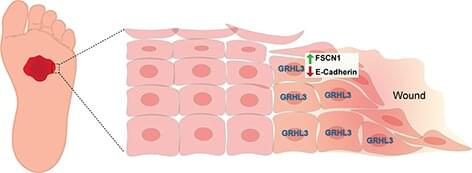Researchers on quest to understand how different sexes first evolved.
For 30 years, University of Tokyo Associate Professor Hisayoshi Nozaki has traveled an hour west of Tokyo to visit the Sagami River and collect algal samples to understand how living things evolved different sexes. Through new analysis of samples collected in 2007 and 2013 from dam lakes along the river, Lake Sagami and Lake Tsukui, researchers identified a species of freshwater algae that evolved three different sexes, all of which can breed in pairs with each other.
This phenomenon of three sexes is slightly different from hermaphroditism. In species that normally have two sexes, a hermaphroditic individual who can produce both the male and female sex cells usually exists due to unusual gene expression. Many plants and some invertebrate species have three sexes due to normal gene expression, but this is the first time a species of algae or fungi has been identified with three sexes.
